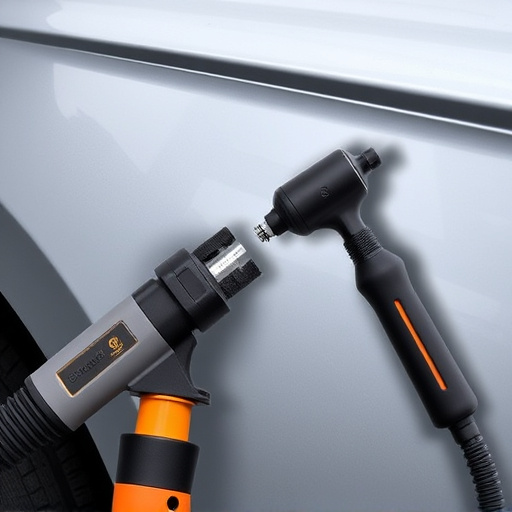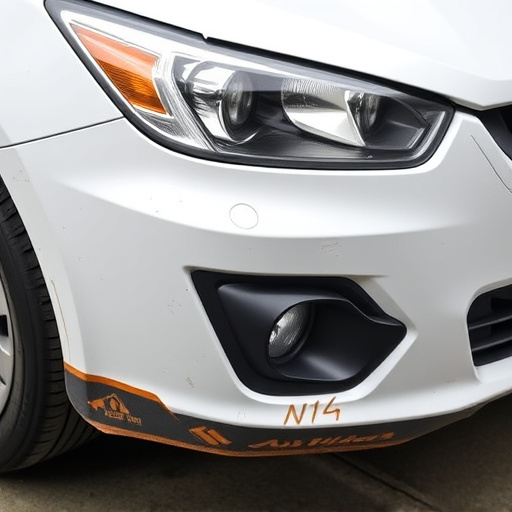Rental car insurance coverage costs vary based on policy types, with liability and collision often standard and comprehensive optional. Evaluating needs and comparing quotes from different insurers can save money. Assessing factors like rental duration and vehicle age helps avoid unnecessary coverages. Relying on trusted repair shops for maintenance reduces future repairs impacting insurance costs. Personal auto insurance or credit cards may already provide sufficient protection, so verify coverage before assuming additional policies are needed. Understanding limitations of optional policies empowers informed decisions about comprehensive coverage choices.
Looking to save money on your next rental car? Navigating rental car insurance coverage costs can be a maze, but understanding your options is key. In this article, we’ll break down everything you need to know about rental car insurance coverage, including strategies to reduce and save on expenses. We’ll also debunk common myths so you can make informed decisions. By the end, you’ll be equipped with the knowledge to find the best protection at a fraction of the cost.
- Understanding Rental Car Insurance Coverage Costs
- Strategies to Reduce and Save on Insurance Expenses
- Common Myths Debunked: Truths About Rental Car Insurance Coverage
Understanding Rental Car Insurance Coverage Costs

Rental car insurance coverage costs can vary significantly depending on several factors. It’s essential to understand what’s included in your policy and where potential savings lie. Rental car companies typically offer three main types of insurance: liability, collision, and comprehensive. Liability covers damage to other vehicles or property, collision covers damage to the rental car itself (up to a certain limit), and comprehensive includes coverage for most non-collision damages, like theft or natural disasters.
Knowing these options is crucial when navigating rental car insurance costs. For instance, while liability and collision coverages are standard in many cases, comprehensive might be optional but offers broader protection against unexpected vehicle repair expenses, such as those from an auto frame repair or a visit to a collision center. By evaluating your needs and considering alternatives, you can find the right balance between coverage and cost savings when renting a vehicle.
Strategies to Reduce and Save on Insurance Expenses

Saving on rental car insurance coverage costs requires a strategic approach. One effective strategy is to compare quotes from different insurers before making a decision. Rental car companies often offer their own insurance packages, but independent providers can offer competitive rates and more tailored coverage options. Additionally, evaluating your needs carefully can help reduce costs. If you’re renting for short periods or driving an older vehicle, consider opting out of comprehensive and collision coverage, which typically covers damage to the vehicle in case of accidents or other incidents.
Another way to save is by leveraging discounts and promotions offered by insurance companies and rental agencies. Many insurers provide price reductions for safe drivers, military personnel, students, or members of certain organizations. Additionally, maintaining a clean driving record can significantly lower your premiums over time. When it comes to automotive repair, choosing a reputable collision repair shop for any necessary fixings can also influence insurance costs, as timely maintenance and repairs can prevent more extensive (and costly) damage down the line.
Common Myths Debunked: Truths About Rental Car Insurance Coverage

Many people believe that rental car insurance coverage is always necessary, but this isn’t entirely true. One common myth is that it’s required for any trip, which isn’t always the case. Depending on your personal auto insurance policy and the credit card you use, you might already have sufficient coverage. Always check with your insurer first to understand what’s included in your policy before assuming you need additional rental car protection.
Another misconception is that rental car insurance covers all types of damage, including extensive auto body work like frame straightening or vehicle restoration. While some policies may offer comprehensive coverage, many only cater to basic repairs and maintenance. Major damages often fall outside the scope of standard rental car insurance, so it’s crucial to be aware of these limitations. Understanding what your policy does and doesn’t cover can help you make informed decisions when choosing additional coverage options.
When it comes to saving on rental car insurance coverage costs, knowledge is power. By understanding how these expenses are calculated and implementing smart strategies, you can significantly reduce your out-of-pocket expenses without compromising on protection. Debunking common myths will further ensure you’re making informed decisions. Remember, a well-informed choice can lead to substantial savings on your next rental car adventure.














